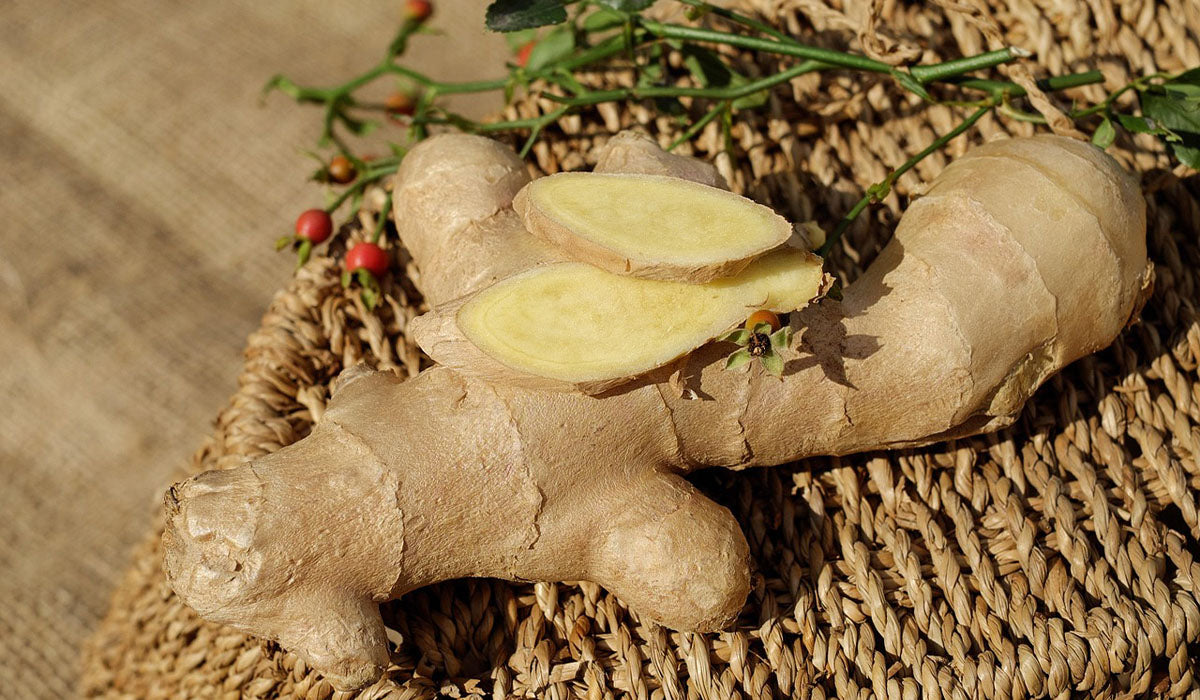Bloating is a common digestive discomfort experienced by many. Often caused by dietary habits, stress, or underlying health issues, it manifests as a feeling of fullness, swelling, or tightness in the abdomen. Increasingly, individuals are turning to natural remedies like kombucha to manage such symptoms. This fermented tea is celebrated not only for its unique taste but also for its potential health benefits, particularly for digestion and bloating. But how effective is kombucha in dealing with bloating? Let’s delve into the science behind kombucha and discover its role in promoting digestive health.
Understanding Bloating
Bloating can be both uncomfortable and distressing, affecting quality of life. It may result from excessive gas production in the gut, imbalances in the intestinal flora, or food intolerances. Addressing bloating often involves dietary changes, increased physical activity, and sometimes, incorporating functional foods like kombucha.
Kombucha Explained
Kombucha is a fermented beverage made from sweetened tea (black or green) and a symbiotic culture of bacteria and yeast (SCOBY). This fermentation process produces a drink rich in various acids, enzymes, and nutrients, notably probiotics. These probiotics are live microorganisms that play a crucial role in health, particularly gut health.
The Probiotic Power of Kombucha
The core benefit of kombucha comes from its probiotics. These beneficial bacteria restore and maintain a healthy balance in the gut microbiome, essential for efficient digestion and a robust immune system. By improving gut flora balance, kombucha can help manage and reduce symptoms of bloating.
Kombucha's Enzymatic Benefits
Beyond probiotics, kombucha is a source of digestive enzymes. These enzymes assist in breaking down nutrients, facilitating smoother digestion and lessening incidents of bloating. They help ensure that food is digested more thoroughly, thereby reducing gas and discomfort associated with bloating.
Scientific Insights on Kombucha and Bloating
Research linking kombucha directly to bloating reduction is evolving, with existing studies highlighting the beverage's positive impact on overall gut health. Probiotics in kombucha can enhance bowel regularity and microbial health, both key to mitigating bloating. However, individual responses can vary, making it important to consider personal health backgrounds when incorporating kombucha for digestive issues.
Incorporating Kombucha into Your Diet
For those new to kombucha, integrating it into the diet should be done gradually. Starting with small servings can help your body adjust to the probiotics and prevent potential digestive upset. It's also crucial to choose high-quality, organic kombucha to avoid additives that could negate its health benefits.
Biora's Kombucha Vinegars and Dressings
For those seeking to embrace the benefits of kombucha beyond the beverage, Biora’s kombucha vinegars and dressings offer a delightful alternative. These products combine the traditional benefits of kombucha with the convenience and culinary versatility of vinegars and dressings. Rich in prebiotics, postbiotics, and active cultures, Biora’s kombucha-infused products are designed to support your gut health and add a flavorful twist to any meal. Whether used in salads or as marinades, they provide a functional and tasty way that can reduce bloating and enhance digestive wellness.
Conclusion
Kombucha may not be a cure-all for bloating, but its composition—rich in probiotics and digestive enzymes—makes it a worthy consideration for those exploring natural digestive aids. By incorporating kombucha or kombucha-based products like those from Biora, you can enjoy not only a tasty beverage but also a potential reduction in bloating and other digestive issues. As always, personal discretion and consultation with a healthcare provider are advised to ensure the best outcomes for your health needs.




